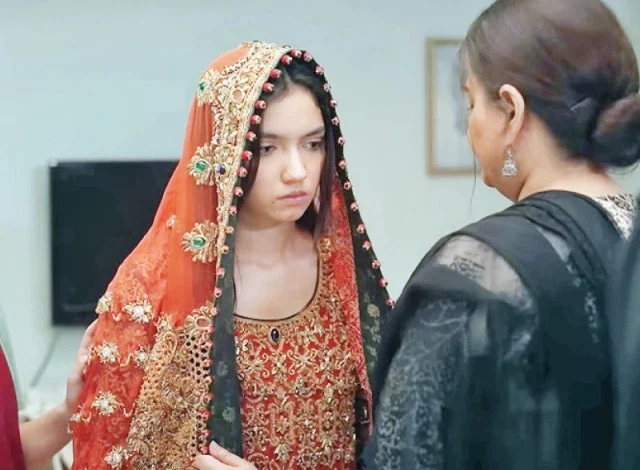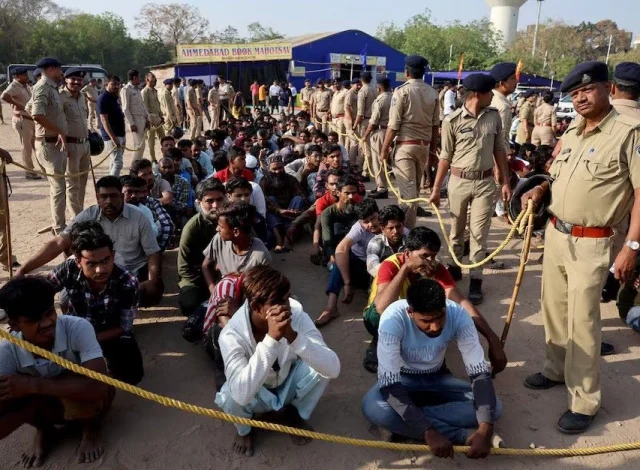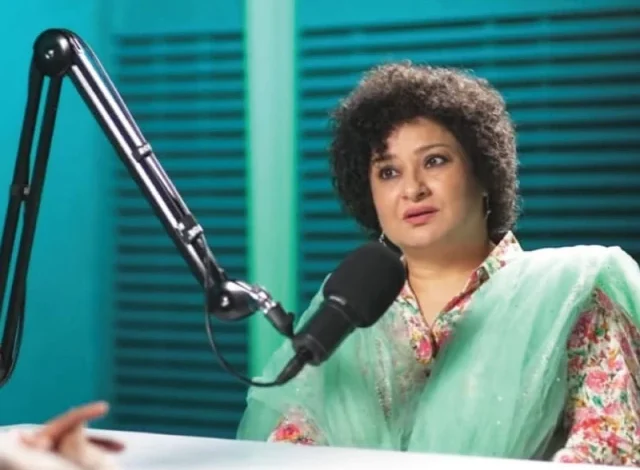
‘Parwarish’ and the Quiet Tragedy of Domestic Oppression in Pakistan
In a bold narrative turn, Parwarish—a drama initially centered on familial squabbles—has become a searing portrayal of domestic suffocation through the lens of Maya, a young girl navigating the crushing weight of patriarchal expectations. Played by Aina Asif, Maya’s character evolution is a mirror to the real-life struggles of countless women whose ambitions are stifled, autonomy denied, and abuse normalized under the guise of cultural and familial duty.
Maya’s story resonates precisely because it is common: a promising student forced into engagement, robbed of agency, and manipulated under the guise of love by her fiancé, Waleed—an emotionally abusive figure whose subtle cruelty reflects a chilling reality. The drama’s strength lies in its depiction of abuse not through loud confrontations but in the quiet erosion of dignity, control, and consent.
The storyline echoes harrowing real-life cases—like those of Sania Zehra and Sana Yousaf—where women’s voices were silenced permanently after being denied the right to say “no.” Parwarish uses Maya’s fictional plight to highlight the systemic silencing of women, asking viewers to reflect not only on those we have lost, but also on those we continue to ignore.
Maya’s fate may be altered by a scriptwriter’s hand, but the societal structures that shape her world are chillingly real—and still claiming lives.






